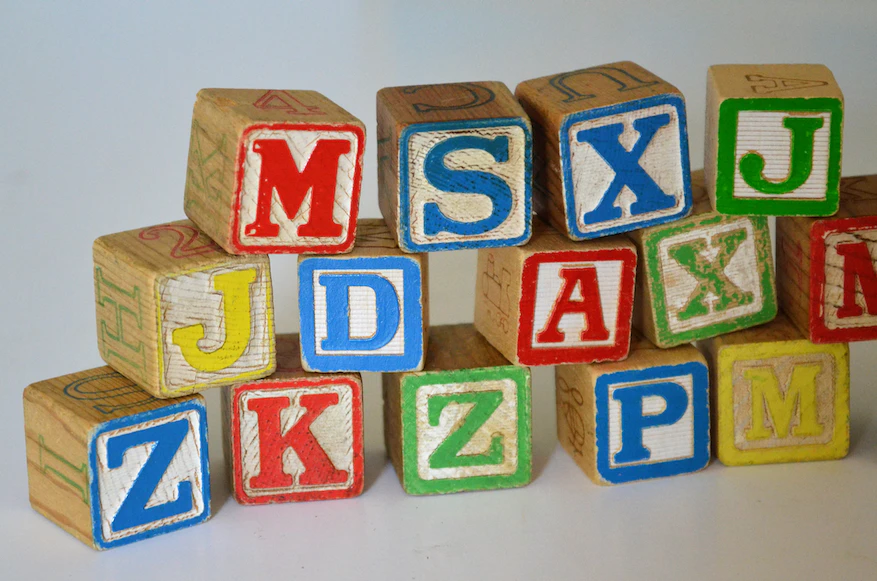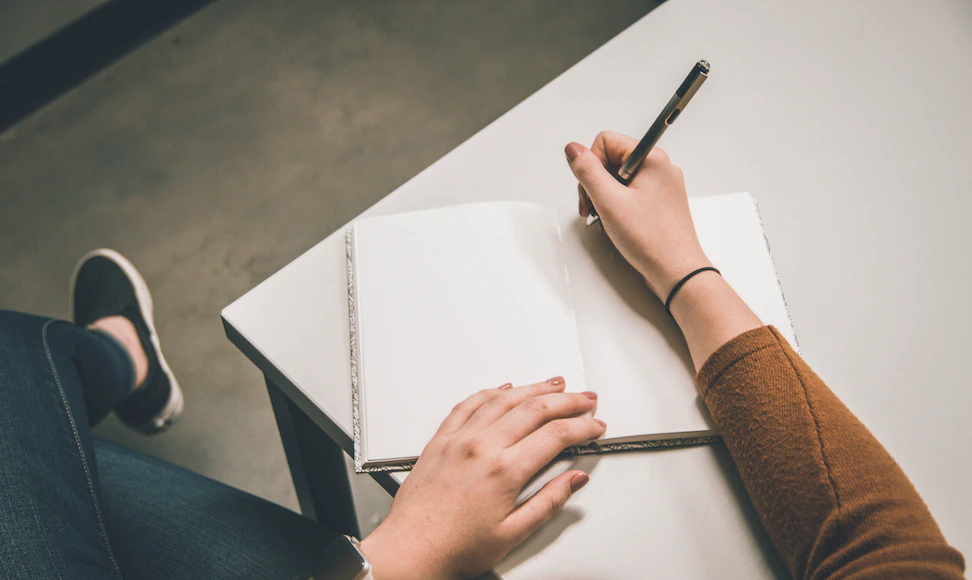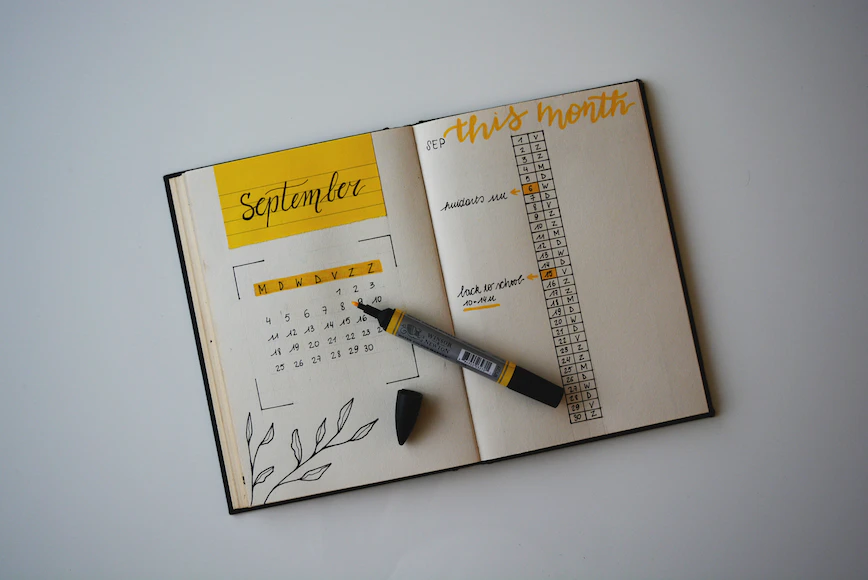"Surely the smarter someone is, the better they learn? Not true!"

Most people think – mistakenly – that being able to concentrate, focus and learn things is linked to intelligence. Surely the smarter someone is, the better they learn? Not true! Anyone can learn how to learn better. It takes effort and consistency, rather than a high IQ. Try these suggestions if you are struggling with learning:
Think About Thinking

The official term for this is metacognition. It involves figuring out how you know what you know, rather than merely sticking to the idea that you somehow know it, or you went to school and therefore you know your ABCs, for example. You need to think about how you arrived at your conclusions, and not just be satisfied with the fact that you arrived. Some good questions to get you started on metacognition would be – What is my ultimate goal today? Is there foundational knowledge that I am missing out on? If I had to explain this concept to someone else right now, will I be able to? Why or why not?
Reflection

Write down – if you’re not the writing sort make voice recordings – what you think you have learnt for the day. Work yourself through the process of what you accomplished, or failed to accomplish, ask yourself how you did well or how you need to improve. Jot down ideas about what you might need to do next in order to progress, or people you need to speak with in order to gain some insight. Making reflection a daily habit creates space for clarity, growth, and self-correction. Most people put reflection off as a waste of time, or stew in their frustrations. This step is crucial however, to fine-tuning your brain into figuring out how to help itself.
Organise, Organise and then Reorganise

If you fail to plan, you plan to fail. Planning however is not a one time thing, you need to fine tune it as you go along, adjust for changes in your outlook or expertise, and work with your setbacks. Set achievable goals for each aspect of your life or work that you need to sort, look at your strategies and steps required to get there, and then set a deadline. Then, write it all down as explicitly as possible, and use a calendar daily. Some goals, such as getting better at trigonometry, can have daily practice steps written down such as ‘Do one trigonometry sum every single day’. Other goals, such as getting into your dream school, can involve steps such as ‘Research scholarships’ or ‘Talk to teacher/knowledgable adult about school admissions processes’.
These are just a few suggestions on how one can learn to learn better. There are of course extensive studies that have been done on the human brain, and the truth is that one size certainly does not fit all. We can all strive to optimise our lives however, and the daily effort we put into the little things in order to learn better will definitely pay off.

Leave a Reply